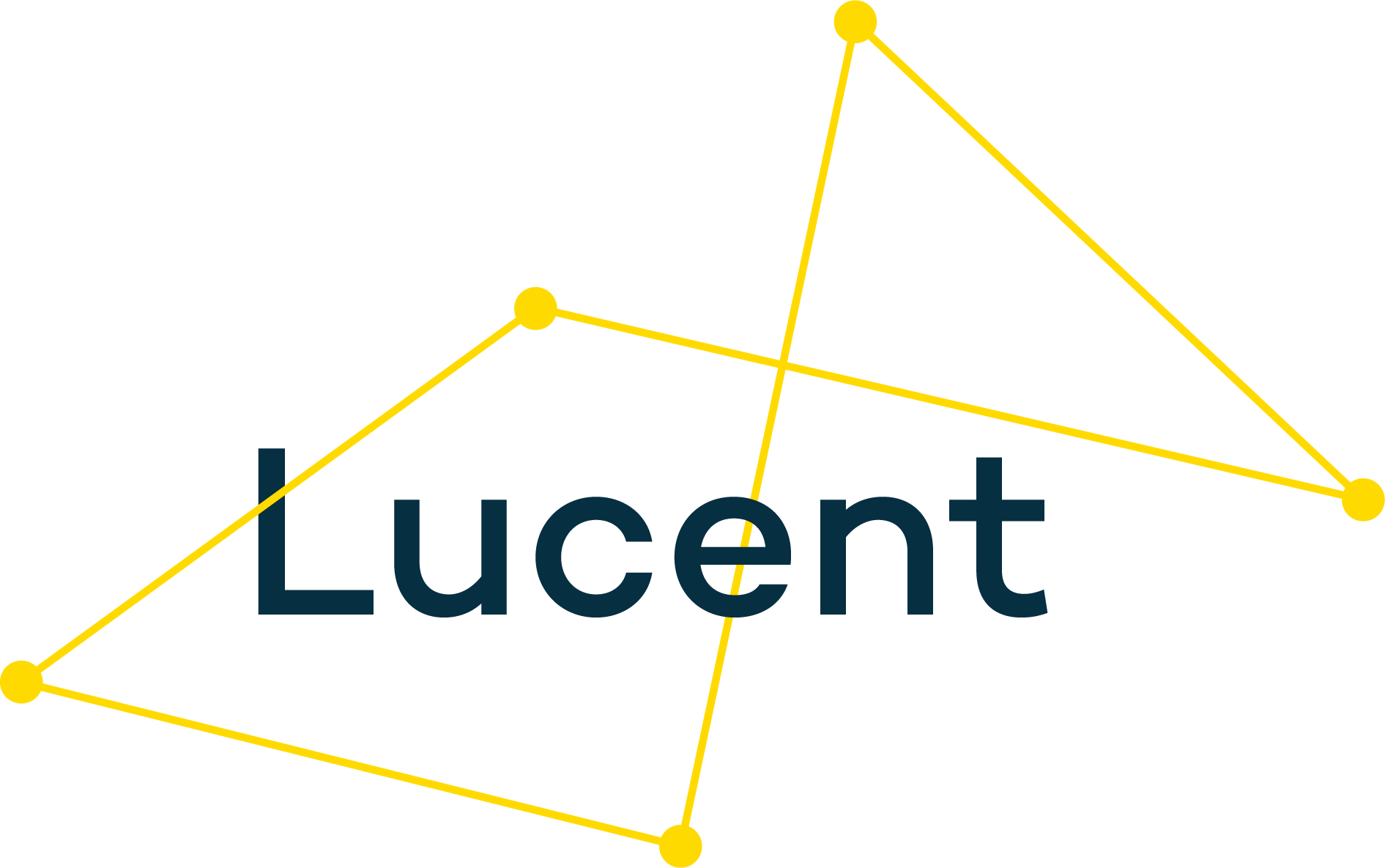Powering progress in mental health
‘Bethlem’, or ‘Bedlam’ by which it became known, was depicted in the last scene of Hogarth’s Rake’s Progress and much later in the 1946 Boris Karloff horror film. It also has a fiercely pioneering heritage – Bethlem is the oldest psychiatric hospital in the world and the Maudsley hospital, established at the start of the 20th century, was founded on the then novel principle of bringing clinical care, research and medical education together to progress improvements in mental illness.
Connecting the past with the future
In 2018, the charity became an independent hospital charity, having previously been governed as part of the South London and Maudsley NHS Foundation Trust (SLaM). For its first chief executive Rebecca Gray, the challenge was to develop a strategic direction for the charity that built on its association with SLaM and the Institute of Psychiatry, Psychology and Neuroscience, Kings College London – both internationally recognised as centres of excellence in mental health – as well as establish a unique role as one of the world’s few dedicated mental health funders.
“We had the potential to make a huge impact, but our operational set up was not fit for purpose,” explains Rebecca. “The charity was formed from a complex portfolio of a number of subsidiaries and assets in addition to a diverse range of grant giving, but they were not operating within a clear framework and did not present a united sense of purpose
“Working with Lucent helped me to realise that while there was an essential operational piece of work to be done, there was also a unique opportunity to ask fundamental questions about why we are here and what we want to do.
Building the vision together
An additional challenge was that the chair, working with Rebecca, was in the middle of recruiting a new board with a whole range of knowledge, skills and experience, not necessarily from the traditional charity sector.
“Our priority was to ensure the board joined us on the journey of building the charity’s vision and direction and that we were able to make best use of the fantastic skills they brought. Katherine provided the structure we needed to set the board off in the right direction”
Katherine facilitated the first full board meeting and strategy day and pulled together the planning for the strategy development as a result.
Calm steer; robust approach
“When we first got together it was tremendously exciting, but also terrifying as we realised the enormity of the journey ahead. Katherine’s calm steer and honest, forthright approach was the perfect combination.
“Her experience of working with boards alongside her academic approach was invaluable. There is a rigour to her methodology and she knows instinctively what is the most appropriate diagnostic or analytical tool to use.“
Lucent completed an initial scoping and needs assessment and provided a review of the mental health landscape to help ensure the new charity played to its full strengths and unique position.
“The input from Katherine was particularly useful in helping us to understand what makes us distinctive. She pushed us quite hard on this, recognising that it wasn’t simply a traditional model of understanding our unique selling point, but more about considering our rich history and the different ways we could potentially make an impact in mental health.
“Katherine was also prepared to roll her sleeves up and get stuck in! She has a great positive attitude as well as being robust and honest about what’s needed.
Identifying the golden threads
“The biggest shift for us by working with Lucent was getting to a much sharper sense of who we are and what we want to achieve.”
“We now recognise that whilst we need to be different things to different audiences, what binds us are golden threads of identity which provide consistency to everything that we do.”
With input from Lucent, the Maudsley Charity is well on the way to developing a strategy which sets the course for it to make a significant impact in improving mental health for the future.
“The key marker of a successful strategy is – if I left tomorrow, would the next CEO be able to pick it up and have something useful to run with? I firmly believe we have got that, and much more.”

